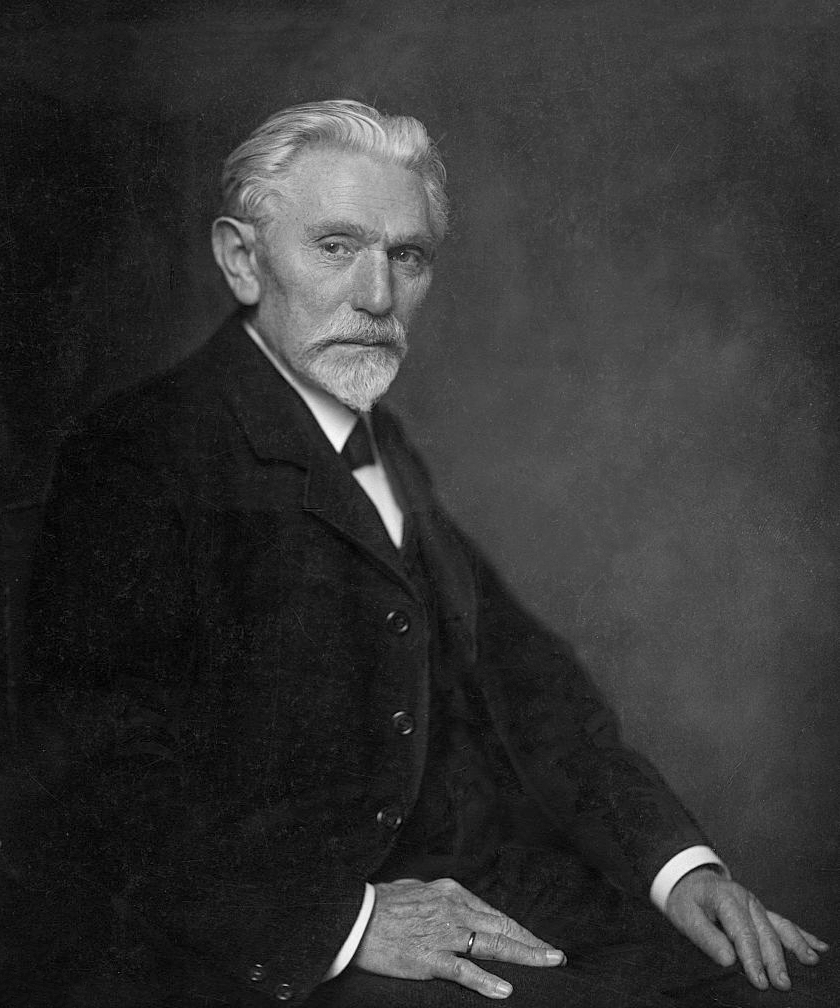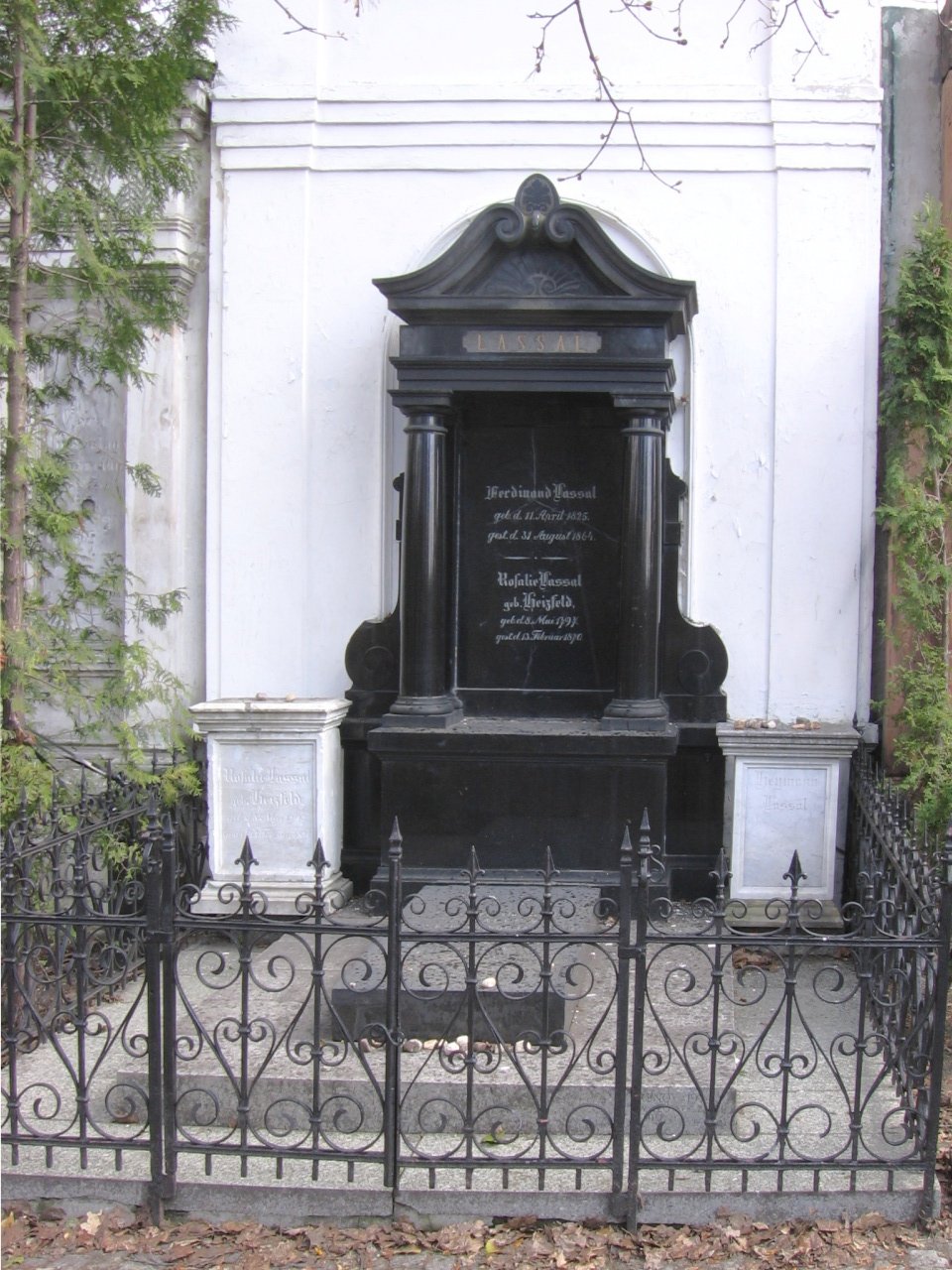|
LGBT Socialism
The connection between left-leaning ideologies and LGBT rights struggles has a long and mixed history. Prominent socialists who were involved in early struggles for LGBT rights include Edward Carpenter, Oscar Wilde, Harry Hay, Bayard Rustin, Emma Goldman and Daniel Guérin, among others. Scientific and utopian socialism The first currents of modern socialist thought emerged in Europe in the early 19th century. They are now often described with the phrase utopian socialism. Gender and sexuality were significant concerns for many of the leading thinkers such as Charles Fourier and Henri de Saint-Simon in France and Robert Owen in Britain as well as their followers, many of whom were women. For Fourier, for example, true freedom could only occur without masters, without the ethos of work, and without suppressing passions; the suppression of passions is not only destructive to the individual, but to society as a whole. Writing before the advent of the term 'homosexuality', Fourier ... [...More Info...] [...Related Items...] OR: [Wikipedia] [Google] [Baidu] |
Left-leaning
Left-wing politics describes the range of political ideologies that support and seek to achieve social equality and egalitarianism, often in opposition to social hierarchy. Left-wing politics typically involve a concern for those in society whom its adherents perceive as disadvantaged relative to others as well as a belief that there are unjustified inequalities that need to be reduced or abolished. Left-wing politics are also associated with popular or state control of major political and economic institutions. According to emeritus professor of economics Barry Clark, left-wing supporters "claim that human development flourishes when individuals engage in cooperative, mutually respectful relations that can thrive only when excessive differences in status, power, and wealth are eliminated." Within the left–right political spectrum, ''Left'' and ''Right'' were coined during the French Revolution, referring to the seating arrangement in the French Estates General. Those ... [...More Info...] [...Related Items...] OR: [Wikipedia] [Google] [Baidu] |
Karl Heinrich Ulrichs
Karl Heinrich Ulrichs (28 August 1825 – 14 July 1895) was a German lawyer, jurist, journalist, and writer who is regarded today as a pioneer of sexology and the modern gay rights movement. Ulrichs has been described as the "first gay man in world history." Early life Ulrichs was born in the East Frisian village Westerfeld, incorporated today within Aurich, which at the time was in the Kingdom of Hanover. His father was a Lutheran pastor. Ulrichs recalled that as a youngster he felt different from other boys and was attracted by the bright colors of military uniforms and women's clothing. In 1839, at the age of fourteen, he experienced his first sexual encounter with his riding instructor. He graduated in law and theology from Göttingen University in 1846. From 1846 to 1848, he studied history at Berlin University, writing a dissertation in Latin on the Peace of Westphalia. From 1849 to 1854, Ulrichs worked as a lawyer for the civil service in the Kingdom of Hannover. Ini ... [...More Info...] [...Related Items...] OR: [Wikipedia] [Google] [Baidu] |
Germany
Germany,, officially the Federal Republic of Germany, is a country in Central Europe. It is the second most populous country in Europe after Russia, and the most populous member state of the European Union. Germany is situated between the Baltic and North seas to the north, and the Alps to the south; it covers an area of , with a population of almost 84 million within its 16 constituent states. Germany borders Denmark to the north, Poland and the Czech Republic to the east, Austria and Switzerland to the south, and France, Luxembourg, Belgium, and the Netherlands to the west. The nation's capital and most populous city is Berlin and its financial centre is Frankfurt; the largest urban area is the Ruhr. Various Germanic tribes have inhabited the northern parts of modern Germany since classical antiquity. A region named Germania was documented before AD 100. In 962, the Kingdom of Germany formed the bulk of the Holy Roman Empire. During the 16th ce ... [...More Info...] [...Related Items...] OR: [Wikipedia] [Google] [Baidu] |
Social Democratic Party Of Germany
The Social Democratic Party of Germany (german: Sozialdemokratische Partei Deutschlands, ; SPD, ) is a centre-left social democratic political party in Germany. It is one of the major parties of contemporary Germany. Saskia Esken has been the party's leader since the 2019 leadership election together with Lars Klingbeil, who joined her in December 2021. After Olaf Scholz was elected chancellor in 2021 the SPD became the leading party of the federal government, which the SPD formed with the Greens and the Free Democratic Party, after the 2021 federal election. The SPD is a member of 11 of the 16 German state governments and is a leading partner in seven of them. The SPD was established in 1863. It was one of the earliest Marxist-influenced parties in the world. From the 1890s through the early 20th century, the SPD was Europe's largest Marxist party, and the most popular political party in Germany. During the First World War, the party split between a pro-war mainstream ... [...More Info...] [...Related Items...] OR: [Wikipedia] [Google] [Baidu] |
August Bebel
Ferdinand August Bebel (22 February 1840 – 13 August 1913) was a German socialist politician, writer, and orator. He is best remembered as one of the founders of the Social Democratic Workers' Party of Germany (SDAP) in 1869, which in 1875 merged with the General German Workers' Association into the Socialist Workers' Party of Germany (SAPD). During the repression under the terms of the Anti-Socialist Laws, Bebel became the leading figure of the social democratic movement in Germany and from 1892 until his death served as chairman of the Social Democratic Party of Germany. Biography Early years Ferdinand August Bebel, known as August, was born on 22 February 1840, in Deutz, Germany, now a part of Cologne. He was the son of a Prussian noncommissioned officer in the Prussian infantry, initially from Ostrowo in the Province of Posen, and was born in military barracks. The father died in 1844. As a young man, Bebel apprenticed as a carpenter and joiner in Leipzig."August Be ... [...More Info...] [...Related Items...] OR: [Wikipedia] [Google] [Baidu] |
Ferdinand Lassalle
Ferdinand Lassalle (; 11 April 1825 – 31 August 1864) was a Prussian-German jurist, philosopher, socialist and political activist best remembered as the initiator of the social democratic movement in Germany. "Lassalle was the first man in Germany, the first in Europe, who succeeded in organising a party of socialist action", or, as Rosa Luxemburg put it: "Lassalle managed to wrestle from history in two years of flaming agitation what needed many decades to come about." As agitator he coined the terms night-watchman state and iron law of wages. Biography Early life Lassalle was born Ferdinand Johann Gottlieb Lassal on 11 April 1825 in Breslau, Silesia (now Wrocław, Poland). His father Heyman Lassal was a Jewish silk merchant and intended his son for a business career, sending him to the commercial school at Leipzig. However, Lassalle soon transferred to university, studying first in the University of Breslau and later at the University of Berlin. There, Lassalle studied ... [...More Info...] [...Related Items...] OR: [Wikipedia] [Google] [Baidu] |
Social Democratic
Social democracy is a political, social, and economic philosophy within socialism that supports political and economic democracy. As a policy regime, it is described by academics as advocating economic and social interventions to promote social justice within the framework of a liberal-democratic polity and a capitalist-oriented mixed economy. The protocols and norms used to accomplish this involve a commitment to representative and participatory democracy, measures for income redistribution, regulation of the economy in the general interest, and social welfare provisions. Due to longstanding governance by social democratic parties during the post-war consensus and their influence on socioeconomic policy in Northern and Western Europe, social democracy became associated with Keynesianism, the Nordic model, the social-liberal paradigm, and welfare states within political circles in the late 20th century. It has been described as the most common form of Western or modern soci ... [...More Info...] [...Related Items...] OR: [Wikipedia] [Google] [Baidu] |
Jean Baptista Von Schweitzer
Jean Baptista von Schweitzer (July 12, 1833 – July 28, 1875) was a German politician and dramatic poet and playwright. Life and political career Schweitzer was born at Frankfurt am Main, of an old aristocratic Catholic family. He studied law in Berlin and Heidelberg, and afterwards practised in his native city. He was, however, generally more interested in politics and literature than law. Schweitzer was attracted by the social democratic movement, then led in Germany by Ferdinand Lassalle. Lassalle defended him from calls for his expulsion from the movement after he was convicted of a morals charge for homosexual activities in 1862, arguing that sexuality "ought to be left up to each person" whenever no one else is harmed.Detlef Grumbach, "Die Linke und das Laster," in Detlef Grumbach ed., ''Die Linke und das Laster'' (Hamburg: Männerschwarm, 1995), 21. After Lasalle's death in 1864 Schweitzer became president of the General German Workers' Association (german: Allgemeiner De ... [...More Info...] [...Related Items...] OR: [Wikipedia] [Google] [Baidu] |
Jean Baptista Von Schweizer, ADA President
Jean may refer to: People * Jean (female given name) * Jean (male given name) * Jean (surname) Fictional characters * Jean Grey, a Marvel Comics character * Jean Valjean, fictional character in novel ''Les Misérables'' and its adaptations * Jean Pierre Polnareff, a fictional character from ''JoJo's Bizarre Adventure'' Places * Jean, Nevada, USA; a town * Jean, Oregon, USA Entertainment * Jean (dog), a female collie in silent films * "Jean" (song) (1969), by Rod McKuen, also recorded by Oliver * ''Jean Seberg'' (musical), a 1983 musical by Marvin Hamlisch Other uses * JEAN (programming language) * USS ''Jean'' (ID-1308), American cargo ship c. 1918 * Sternwheeler Jean, a 1938 paddleboat of the Willamette River See also *Jehan * * Gene (other) * Jeanne (other) * Jehanne (other) * Jeans (other) * John (other) John is a common English name and surname: * John (given name) * John (surname) John may also refer to: New Testa ... [...More Info...] [...Related Items...] OR: [Wikipedia] [Google] [Baidu] |
.jpg)






